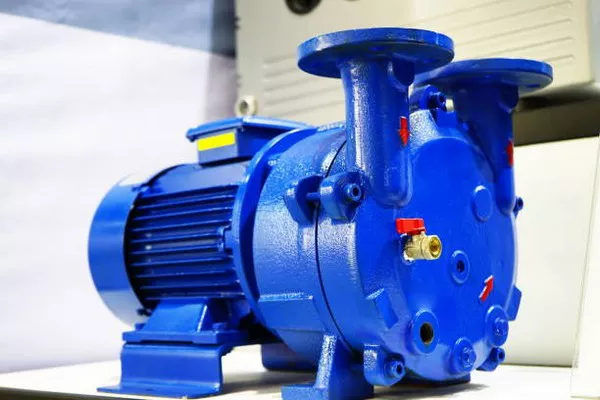Heating, ventilation, and air conditioning (HVAC) systems play a pivotal role in maintaining indoor comfort, be it at home, in commercial spaces, or industrial environments. At the heart of these systems lies a critical component known as the compressor, which serves as the workhorse responsible for managing the circulation of refrigerant and facilitating the heat exchange process. In this article, we will delve into the intricacies of what a compressor does in HVAC systems, shedding light on its significance and the key functions it performs.
Overview of HVAC Systems
Before delving into the specifics of compressors, it is essential to grasp the fundamental principles of HVAC systems. These systems are designed to control the temperature, humidity, and air quality within a confined space. They achieve this by utilizing a combination of components, such as evaporators, condensers, fans, and, of course, compressors.
The Compressor’s Role in HVAC
The compressor, often referred to as the heart of the HVAC system, plays a pivotal role in maintaining the desired temperature within a space. Its primary function is to compress low-pressure, low-temperature refrigerant vapor into a high-pressure, high-temperature state. This compression process is essential for the effective transfer of heat and the overall efficiency of the HVAC system.
Compression of Refrigerant
In the cooling cycle of an HVAC system, the compressor begins its work by drawing in low-pressure, low-temperature refrigerant vapor from the evaporator. This vapor is the result of the heat absorbed from the indoor air by the evaporator coil. Once inside the compressor, the refrigerant undergoes compression, raising its pressure and temperature significantly.
Elevating the refrigerant to a high-pressure, high-temperature state is crucial for the next steps in the cooling process. The compressed refrigerant is then discharged from the compressor and directed to the condenser coil.
See Also How Much Does An Ac Compressor Cost?
Heat Exchange in the Condenser
The condenser coil, located in the outdoor unit of the HVAC system, facilitates the release of heat from the compressed refrigerant to the external environment. As the high-temperature, high-pressure refrigerant flows through the condenser coil, it undergoes a phase change from a gas to a liquid. This transition releases a substantial amount of heat, which is expelled into the outdoor air.
The compressor’s role in elevating the refrigerant’s temperature ensures that the heat exchange in the condenser is efficient. The refrigerant, now in liquid form, is ready to be routed back into the indoor unit for the next cycle.
Maintaining Pressure Levels
Apart from facilitating the heat exchange process, the compressor also plays a crucial role in maintaining the pressure levels within the HVAC system. By compressing the refrigerant, it ensures that it can circulate through the system effectively. The pressurized refrigerant moves through the coils and components, allowing for the absorption and release of heat at the appropriate stages.
Types of Compressors in HVAC
There are several types of compressors used in HVAC systems, each with its own set of advantages and applications. The most common types include reciprocating compressors, rotary compressors, and scroll compressors.
Reciprocating Compressors: These compressors operate through the reciprocating motion of a piston within a cylinder. They are known for their durability and are often used in smaller HVAC systems.
Rotary Compressors: Rotary compressors utilize a rotating mechanism to compress refrigerant. They are compact, operate quietly, and are suitable for medium-sized applications.
Scroll Compressors: Scroll compressors use two spiral-shaped scrolls to compress refrigerant. They are highly efficient, reliable, and are commonly found in residential and commercial HVAC systems.
Efficiency Considerations
The efficiency of an HVAC system is closely tied to the performance of the compressor. A well-functioning compressor ensures that the refrigerant undergoes compression and expansion processes with minimal energy loss. Regular maintenance, including checking refrigerant levels, ensuring proper lubrication, and addressing any issues promptly, is crucial for maintaining the efficiency of the compressor.
Conclusion
In conclusion, the compressor stands as a vital component in the intricate machinery of HVAC systems. Its role in compressing and circulating refrigerant is fundamental to the entire heating and cooling process. Understanding the functions of the compressor not only enhances our appreciation for the complexity of HVAC systems but also underscores the importance of regular maintenance to ensure optimal performance. As technology advances, the HVAC industry continues to explore innovative compressor designs and technologies to further improve efficiency and sustainability in indoor climate control.

